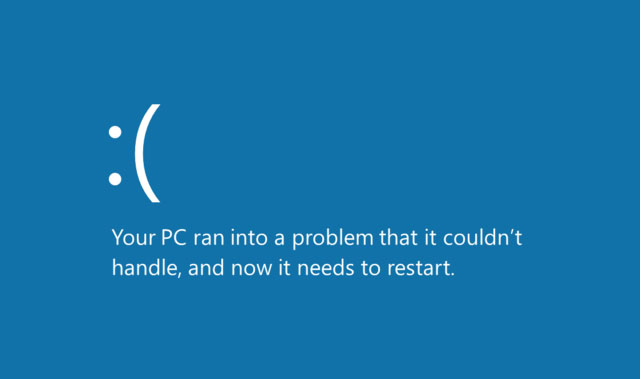Global IT Outages: "Problems Will Persist for Some Time"Global IT Outages: "Problems Will Persist for Some Time"
Although initial systems are being rebooted, the IT disruption will continue to cause issues for some time, according to the Federal Office for Information Security (BSI). Several critical infrastructure operators have reported disruptions.

The IT outage is causing chaos worldwide, including in Germany, where the BSI expects long-term disruptions. "The problems will persist for some time; a quick solution is not in sight," stated BSI Chief Claudia Plattner. An accurate forecast for restoration is difficult, "but it won't be resolved in a few hours."
Affected are airports, financial service providers, hospitals, and many other facilities. "Currently, the BSI has received 17 reports from critical infrastructure operators," Plattner said. More reports are continuing to come in.
Many companies are not required to report, but the impacts are immediately noticeable and tangible for many. "We also have reports from around 20 large companies and corporations that are similarly affected." Some affected parties have already begun rebooting their IT systems.
According to BSI findings, the federal administration is not affected, and there is no information regarding state and local administrations. Private users are generally not affected.
Two Causes of the Disruption
According to Plattner, two causes of the problem are currently being investigated, and their connection needs to be clarified. First, there was a faulty update from cybersecurity firm CrowdStrike for Windows systems. The product affected is Falcon. Additionally, there was a disruption with Microsoft's Azure service.
CrowdStrike CEO George Kurtz previously stated on the platform X that it was a faulty update and not a hacker attack. "The issue has been identified and isolated, and a fix has been provided."
Although the error is fixed, customer systems need to be updated for everything to function smoothly again. CrowdStrike has provided a workaround that needs to be implemented everywhere, Plattner explained in an interview. "We can take action, but it's not like we can flip a switch in a central backend, and the problems are instantly solved." In the worst case, individual affected computers need to be restarted, but the necessary information has been published by the manufacturer. "It's clear what needs to be done, but it will take some time. Step by step, we will see normalization, and this process has already started."
Flight Operations at BER Gradually Normalizing
The IT disruption is causing chaos worldwide. Planes were grounded, TV stations couldn't broadcast for hours, banks and hospitals couldn't use their computers, and payment terminals went down.
In Germany, the disruption was notably severe in air travel. On Friday morning, Berlin Airport had to largely shut down operations, and several airlines reported disruptions. Eurowings canceled more than 50 flights within Germany and to the UK at noon to relieve their IT systems.
Flight operations at Berlin's BER airport are gradually normalizing. "There are still waiting times," a spokesperson said. Some flights were canceled by the airlines.
Hospitals in Kiel and Lübeck Postpone Surgeries
The health sector was also affected. The University Hospital Schleswig-Holstein canceled all non-essential surgeries at its Kiel and Lübeck locations for today. The outpatient clinics remained closed. "Patient care at UKSH is ensured, as is emergency care."
Supermarkets also reported disruptions, including the Tegut chain. Deutsche Bahn reported no software issues after initial assessments.
Autor: Redaktion
Bild Quelle: Von Wolf Lambert - Eigenes Werk, Gemeinfrei, https://commons.wikimedia.org/w/index.php?curid=28276962
Freitag, 19 Juli 2024